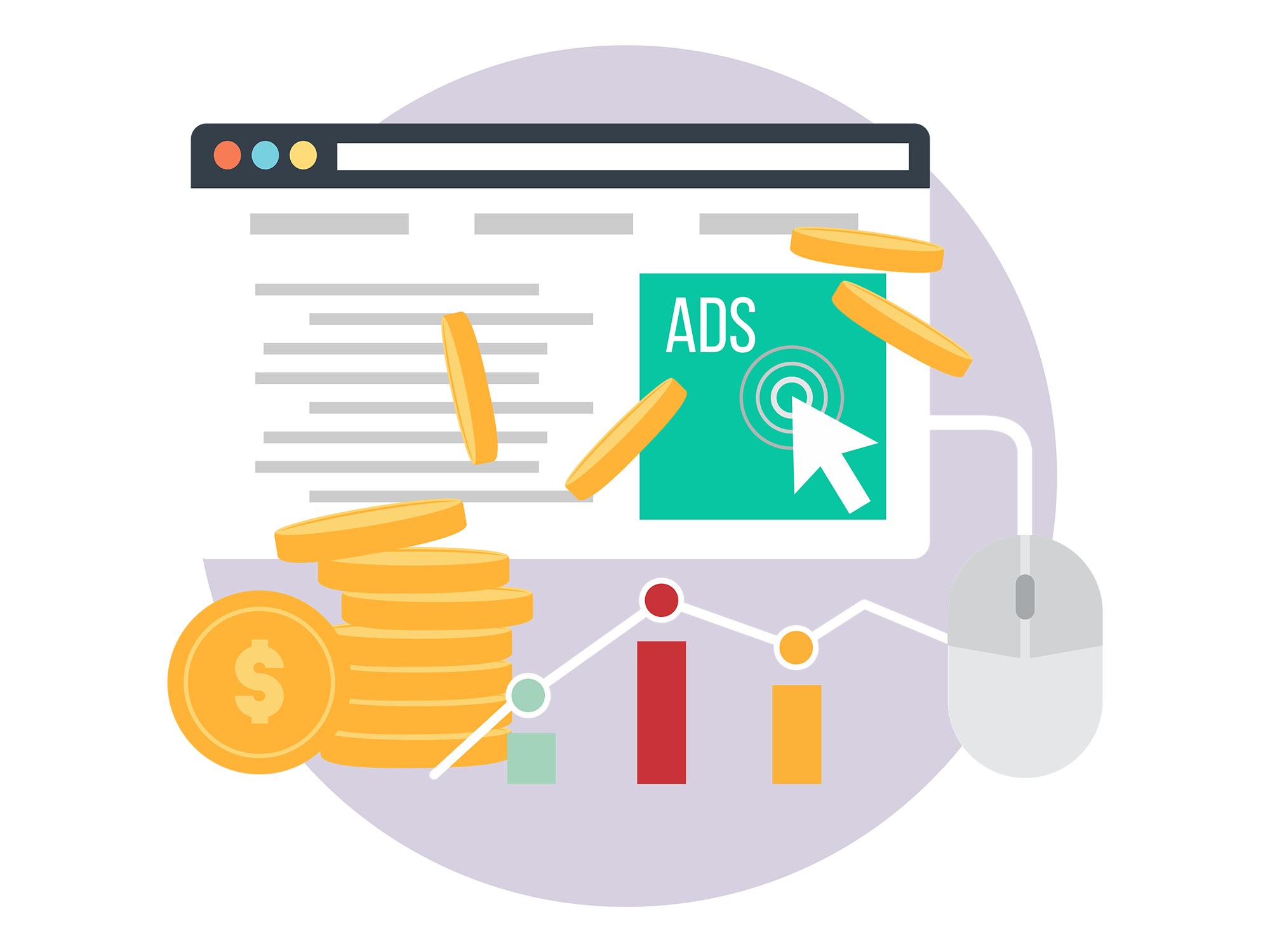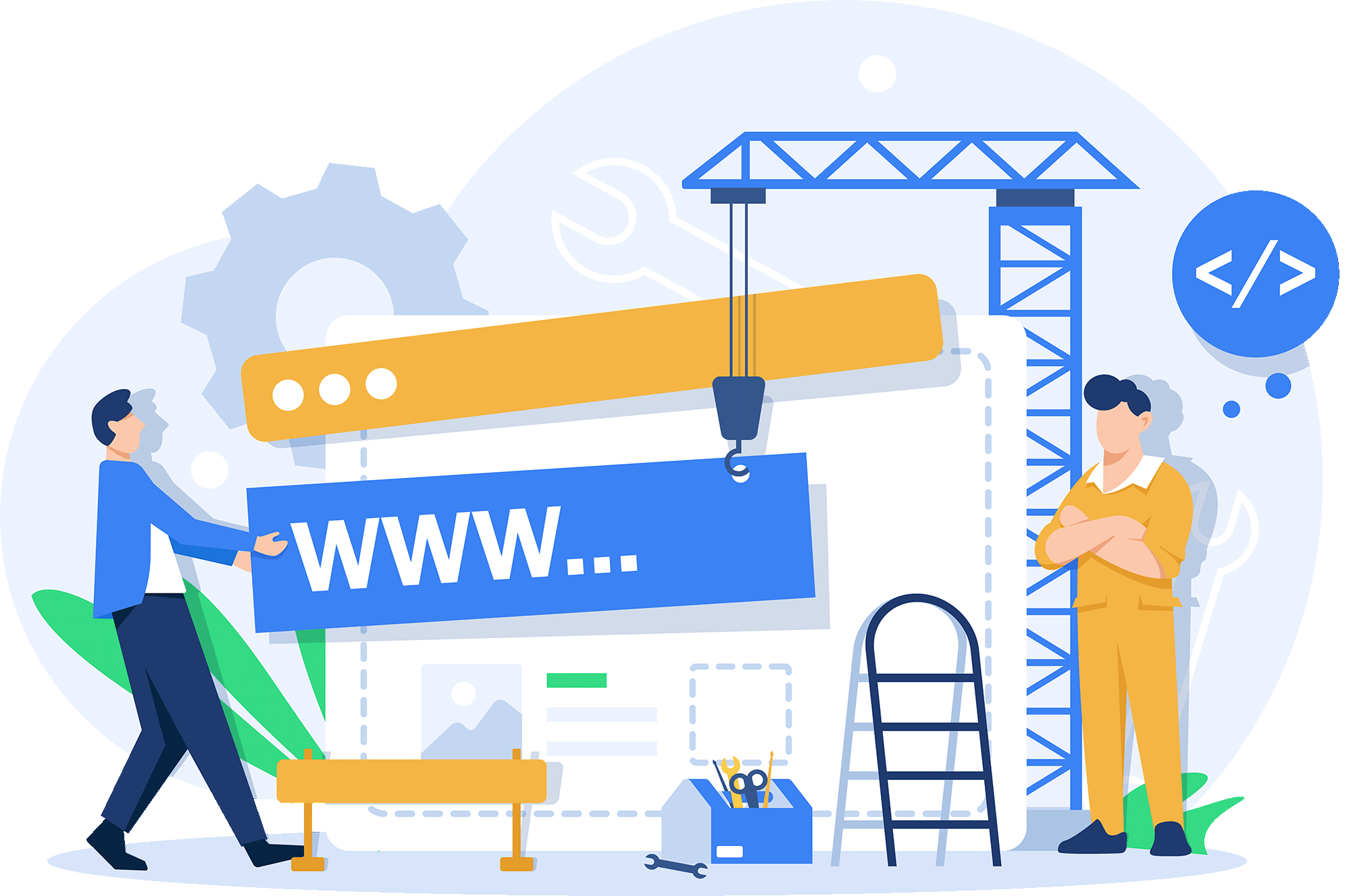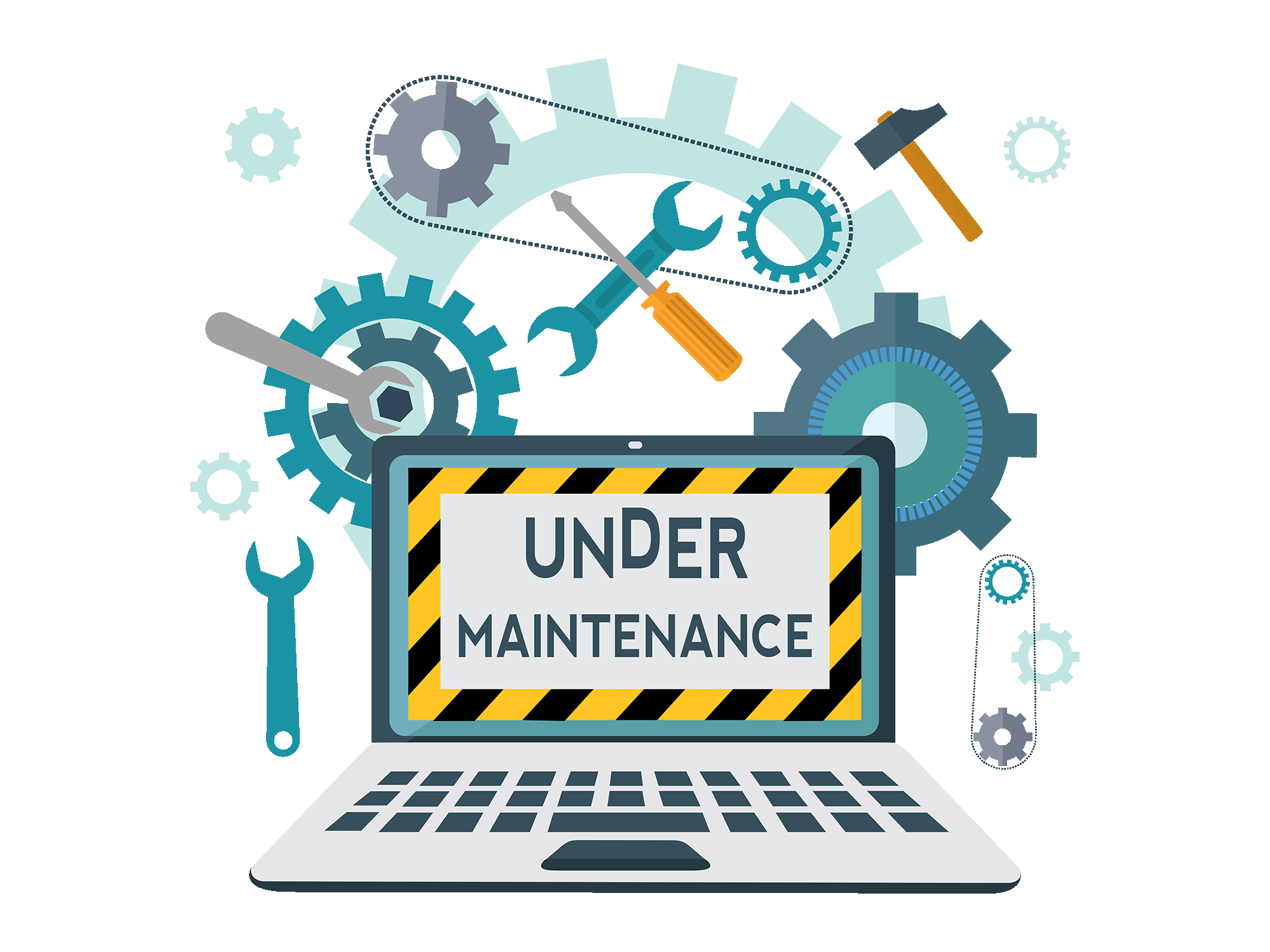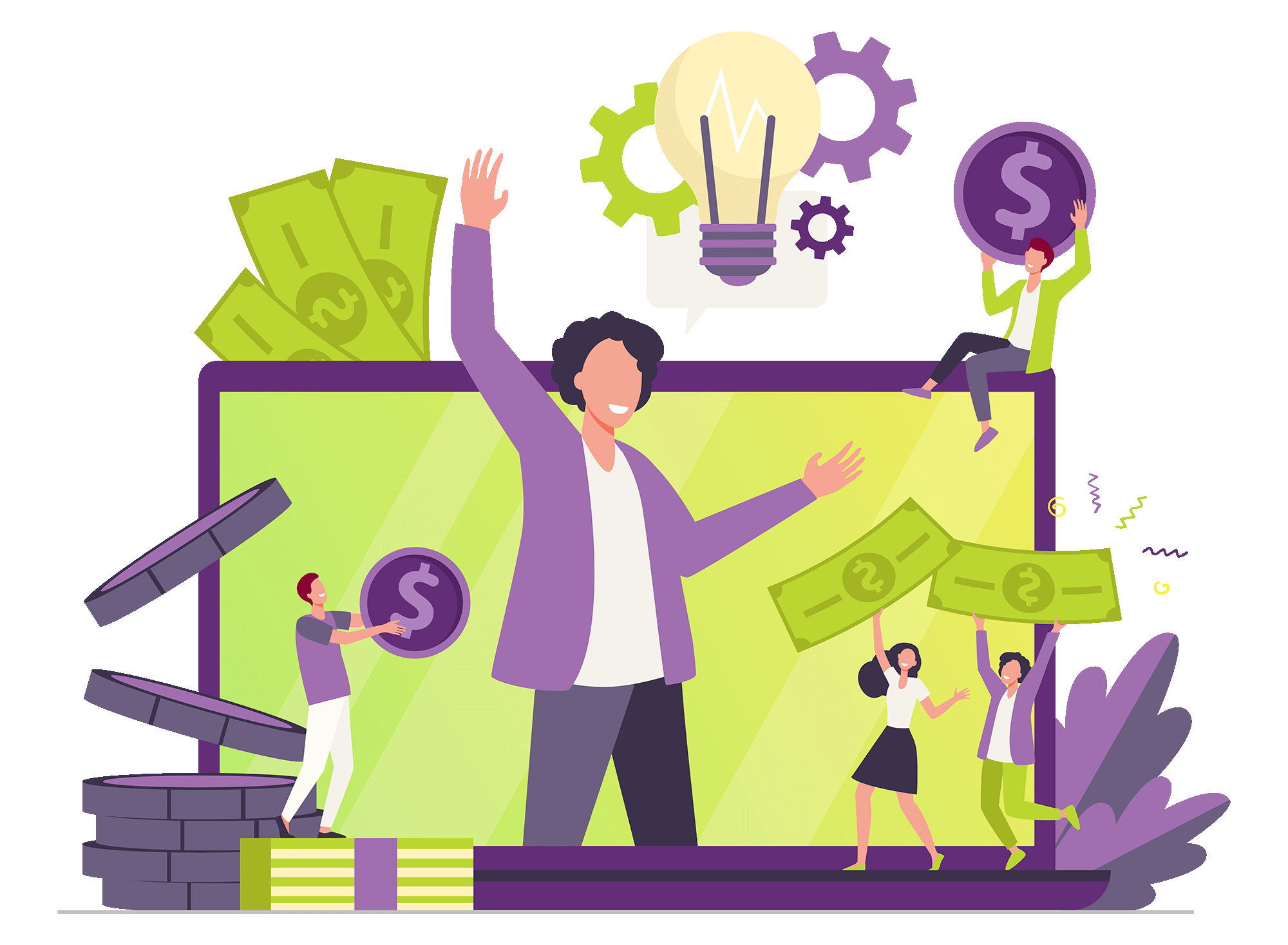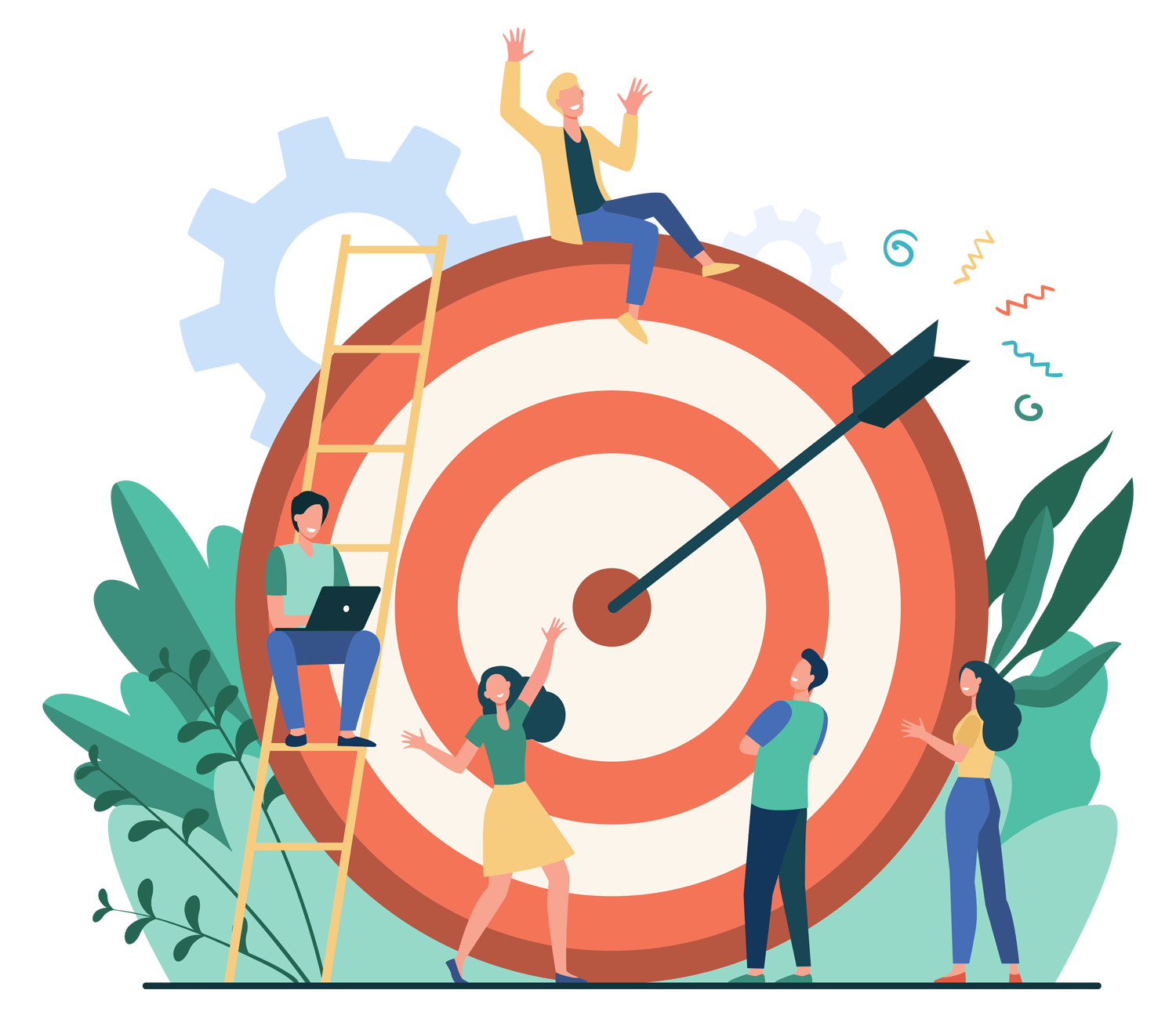In the last few years, online advertising has become astonishingly accessible. And we don’t mean cheap by that, but seemingly very easy to get started. You can go to YouTube, watch a tutorial on Google Ads, open an account, pick some keywords, write a few lines of text, and launch campaigns in under an hour. Digital ads have been democratized: the tools are easier, the documentation is everywhere, and platforms strongly encourage anyone to start spending.
And that’s a good thing – learning the basics of advertising empowers you. Understanding how ads work helps you communicate better with marketing teams, agencies, or freelancers. It helps you protect your budget and turn spending into profit. It gives you insight into customer behavior. In many cases, it’s even enough to run simple, small-scale campaigns on your own.
So yes – you can learn Google Ads (and PPC Pay per Click advertising in general). And in fact, if you are a business owner, a product manager, a marketer, or a curious professional, you should learn at least the fundamentals.
But here’s the truth that becomes obvious the moment your ambitions go beyond “just run some ads”:
There is a world of difference between running ads and running ads that work.
That’s where professional ad managers, paid-media experts, and performance marketing agencies come in. Knowing how to set up an ad platform is not the same as knowing how to win in it – reliably, profitably, and at scale.
This article explores why learning ads is smart, why doing them entirely alone usually isn’t, and how to strike the balance that gets real results for your business.
What you can learn (and why it’s worth learning)
Online ads are no longer intimidating black-box tools reserved for specialists with years of training. With enough curiosity and time, you can learn:
Core ad concepts
- Search vs Display vs Video vs Shopping vs Remarketing
- CPC, CPM, CPA, ROAS, CTR, Quality Score, Impression Share
- Conversion tracking and analytics fundamentals
Platform setup and campaign launch
- Writing and testing ad copy
- Selecting keywords and audiences
- Creating bidding strategies
- Linking Google Analytics and other tools
- Installing tracking pixels and conversion events
Basic performance monitoring
- Understanding what metrics matter
- Spotting red-flag performance drops
- Adjusting bids, budgets, and targeting
- Noticing wasted spend or irrelevant clicks
Strategic basics
- Defining your value proposition
- Understanding funnel stages (awareness vs conversion)
- Designing simple landing pages or messaging
These skills give you great advantages later on when you will work with an agency or your in-house digital marketing department:
- You speak the language when talking to marketing partners
- You avoid the classic “I have no idea what I’m paying for” problem
- You understand customer demand signals and search behavior
- You can run experiments before making bigger investments
For many businesses and professionals, these fundamentals are empowering. Learning the basics is not just possible, it’s beneficial.
But…
Learning the basics doesn’t automatically grant expertise – especially when real budget and real stakes are involved.
Where DIY advertising hits a wall
There’s a difference between being able to drive a car and being able to drive a car fast, but still completely safe. Both involve a steering wheel and pedals – but the outcomes are night and day.
Many people who learn Google Ads soon find out:
Setting up ads is easy. Setting up profitable, sustainable, scaling ads is not.
Some of the big challenges DIY advertisers face include:
Platform complexity grows rapidly
There are dozens of campaign types, optimization levers, machine-learning bidding systems, attribution models, and targeting strategies. What you see in intro tutorials barely scratches the surface.
Not only that, but new options are added almost every week, and old ones are retired without notice sometimes. Platform updates, algorithm shifts, competitor moves, seasonality, privacy changes… Staying current is practically a job in itself. It’s impossible to keep up if you don’t spend enough time reading about the new features and experimenting.
You don’t know what you don’t know
The biggest danger isn’t visible mistakes – it’s hidden inefficiencies:
- Paying too much per click
- Targeting irrelevant search queries
- Under-utilizing automation features
- Giving Google too much freedom (or too little)
- Confusing vanity metrics with real success
Even when campaigns “look good,” money can quietly drip away. If it happens slowly, you may not even notice the problem, not until you draw the line and realize the results are just not there.
Time is your most finite resource
Running ads yourself means:
- Learning
- Monitoring
- Optimizing
- Troubleshooting
- Reporting
- Fixing conversion tracking
- Adjusting landing pages
Could you do it? Sure. Should you, especially as things scale? Often the answer is not. The process or running ads is very time consuming, and maybe your time is better used else where.
Real growth requires more than just ads
Winning in paid media also requires a good mastery of:
- CRO (Conversion Rate Optimization)
- Landing page optimization
- Tracking & attribution model design
- Strategic funnels
- Creative testing at scale
- Competitor intelligence
These aren’t “tutorial topics.” They’re specialized skillsets. Sure you can learn a thing or two by just watching a few videos, but it taks a lot more time and energy to master these skills.
Advertising mistakes are expensive
With paid ads, mistakes aren’t theoretical – they cost real money, fast. A misconfigured campaign can burn hundreds or thousands before you realize what happened.
Learning ads is empowering. Learning ads by paying tuition to Google… is painful.
What Professionals Bring to the Table
Here’s the self promo you knew was coming.
Hiring a paid-media expert doesn’t just mean someone who “knows the buttons.” It means someone who understands:
Strategy
- Which campaigns matter for your goals
- When to scale, and when to pause
- How to balance short-term ROI vs long-term growth
- Audience segmentation and funnel design
Technical expertise
- Conversion tracking architecture
- Data accuracy and attribution
- Advanced bidding strategies
- Negative keyword frameworks
- Shopping feed optimization
- Cross-platform orchestration (Meta, TikTok, YouTube)
Optimization and testing discipline
Pros don’t “hope” ads work – they engineer results through:
- Structured A/B testing
- Statistical significance checks
- Performance benchmarks
- Multi-touch customer journeys
- Machine-learning optimization
Data interpretation
Good advertisers see what numbers mean, not just what they are. They spot patterns, blind spots, and growth levers.
A wealth of experience
Experts bring lessons from hundreds of accounts and millions in managed budgets. They’ve seen:
- Different industries
- Different funnels
- Different market conditions
- The difference between theory and reality
You can’t shortcut experience. You gain it slowly – or you rent it. And speaking of renting, don’t hesitate to get in contact with us, see what we can do for your business.
DIY vs hiring Pros: which is right for you?
Don’t get us wrong, both can work well – the key is knowing when each approach fits your goals.
You can DIY when:
- Budget is small (e.g. testing phase)
- You have time to learn and monitor campaigns
- The stakes are low
- You’re still validating product-market fit
- You want literacy before outsourcing
DIY advertising makes sense for small business validating ideas. It’s actually encouraged, as you get to speak the digital marketing language when you’ll engage later with professionals. That will make thinks work much smoother.
You need a professional when:
- You’re spending meaningful budget
- Advertising performance impacts your bottom line
- You want fast, reliable scaling
- You need detailed analytics + attribution
- You don’t have time to manage campaigns daily
- Your market is competitive
- You want your ads to become a predictable growth engine
You hire a professional not just to “run ads” – but to increase performance and reduce risk.
Think of it like hiring an accountant. Sure, you can do your own taxes. But when things get complicated – you get a pro.
How to work with Pros without losing control
One fear many people have is,
“If I hire an expert, I lose visibility or control.”
Not if the relationship is structured right.
Keep control over your ads by:
- Owning your ad accounts
- Receiving transparent reporting
- Defining success metrics together
- Reviewing strategy calls regularly
- Maintaining access to dashboards
Let the expert handle the rest:
- Execution
- Optimization
- Troubleshooting
- Market research
- Growth strategy
You stay the decision-maker. They execute at an expert level.
The best paid-media relationships feel like partnerships, not outsourcing. This is how we work, and this is how we feel it should be.
The sweet spot: learn fundamentals + hire expertise
The strongest approach is often both:
| You learn the basics | Pros drive performance |
| Understand platform concepts | Build strategy & structure |
| Know what metrics matter | Optimize based on data |
| Monitor high-level trends | Manage day-to-day execution |
| Communicate goals clearly | Spot hidden opportunities |
| Allocate budgets | Reduce waste & maximize ROI |
The combination gives you confidence, clarity, and control – while leveraging expertise for performance. You stay in the driver’s seat. They make sure the engine and chassis are both tuned to win.
Why this approach matters in the long run
Digital advertising is not a hobby. It is a direct driver of business outcomes:
- Customer acquisition
- Market expansion
- Brand visibility
- Revenue growth
- Competitive edge
- Data-driven learning loops
When done right, paid advertising becomes one of the most powerful levers a business can pull. But only if executed with precision, expertise, and continuous optimization.
In the world of performance marketing, there are two possible outcomes:
“I ran some ads, and I think they kind of worked… maybe?” vs. “We spend $X, we predictably get $Y – and here’s the data that proves it.”
The second outcome doesn’t happen by accident.
Closing thoughts
You can learn Google Ads. You should learn Google Ads. Understanding advertising makes you smarter, safer, and more strategic.
But if your goal is not just to run ads – but to generate consistent, profitable growth – then expertise is not optional. It is the multiplier.
You don’t hire a pro because you can’t do ads. You hire a pro because your time, your budget, and your growth deserve expert handling.
Invest in your own understanding. Invest in professional execution when the stakes rise. That combination is where digital advertising becomes one of your most powerful business assets. And that is where we can help you, if you give us a chance.
